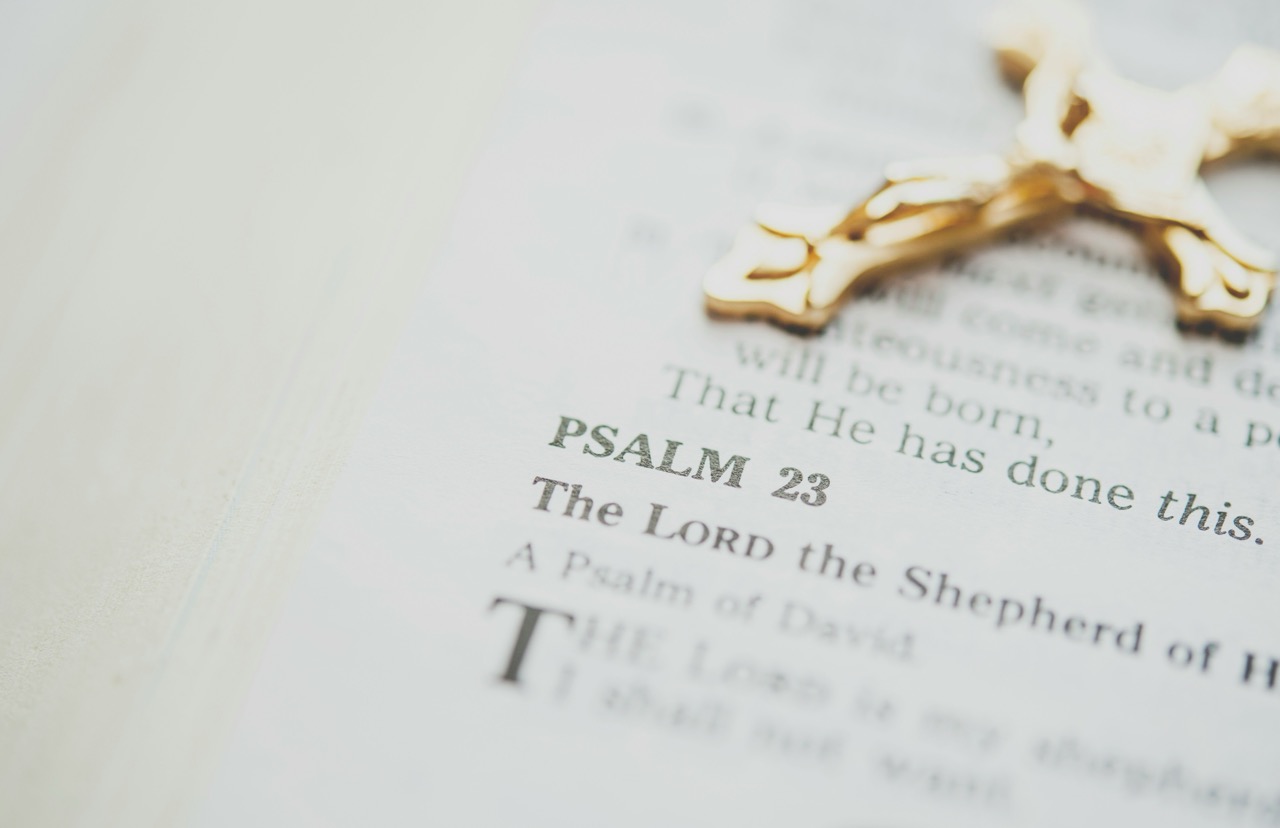Genesis and Marriage: What We Learn from Adam and Eve

The Book of Genesis serves as the foundation for many theological discussions surrounding creation, humanity, and relationships. Central to this narrative are Adam and Eve, the first human beings created by God, whose story has profound implications for understanding marriage. Their relationship encapsulates themes of companionship, partnership, and moral responsibility, offering timeless lessons relevant to modern marital contexts. This article explores the creation of Adam and Eve, the significance of their union, the lessons it imparts on partnership, and its implications for contemporary views on marriage.
Understanding the Creation of Adam and Eve in Genesis
In the Book of Genesis, the creation of Adam and Eve occurs in a deliberate order that emphasizes their unique roles in the divine plan. God creates Adam from the dust of the ground, breathing life into him and placing him in the Garden of Eden to cultivate and keep it (Genesis 2:7, 15). This initial act of creation illustrates humanity’s intimate connection to the earth and the responsibility bestowed upon Adam as a caretaker of creation. Importantly, Adam is depicted as being alone, which sets the stage for the subsequent creation of Eve.
Recognizing Adam’s solitude, God declares, "It is not good for the man to be alone" (Genesis 2:18), highlighting the fundamental human need for companionship. The creation of Eve is presented as a direct response to this need; she is fashioned from Adam’s rib, symbolizing equality and the interconnectedness of both genders. The phrase "bone of my bones and flesh of my flesh" (Genesis 2:23) conveys the deep bond that exists between them, establishing a model for marital unity and shared identity.
This narrative not only marks the beginning of humanity but also sets the stage for the institution of marriage. The creation of Adam and Eve reveals that human relationships are intended to reflect a divine plan characterized by love, companionship, and mutual support. Their formation as partners lays the groundwork for understanding marriage as a sacred covenant designed to foster growth, intimacy, and community.
The Significance of the First Marriage in Biblical Context
The marriage of Adam and Eve is foundational to the biblical understanding of human relationships. Genesis 2:24 states, "Therefore a man shall leave his father and mother and be joined to his wife, and they shall become one flesh." This verse encapsulates the essence of marital unity, emphasizing both the emotional and physical bonds that form the basis of marriage. The notion of "leaving" signifies a transition into a new familial structure, underscoring the importance of commitment and loyalty as couples forge their own paths.
Furthermore, the first marriage exemplifies the idea of partnership. Adam and Eve are created to complement each other, reflecting God’s intention for men and women to work together in harmony. Their union is not merely one of companionship but also a shared mission to steward the earth. This collaborative aspect of their relationship highlights a powerful model for modern marriages, encouraging couples to view their partnership as a cooperative endeavor rather than a competitive one.
In the biblical context, the significance of this first marriage extends beyond mere narrative; it serves as a model for future generations. The principles of love, fidelity, and partnership established in the Genesis account continue to resonate throughout scripture, forming the basis for the teachings on marriage found in later biblical texts. By examining this foundational union, individuals and couples can glean insights into the divine purpose behind marriage and its potential to cultivate lasting relationships.
Lessons on Partnership from Adam and Eve’s Relationship
The relationship between Adam and Eve offers several key lessons on partnership that remain relevant today. First and foremost, their dynamic illustrates the importance of communication. The Genesis narrative depicts Adam and Eve engaging with each other and with God, underscoring the necessity of open dialogue in relationships. Effective communication fosters understanding and helps couples navigate challenges collaboratively, strengthening their bond over time.
Another vital lesson is the theme of mutual support and respect. Adam and Eve were designed to complement one another, with each bringing unique strengths to the partnership. This concept can be applied to contemporary marriages by encouraging spouses to recognize and appreciate each other’s individual gifts and contributions. A successful partnership thrives on mutual respect, where each person acknowledges the other’s capabilities and works together to overcome obstacles.
Moreover, Adam and Eve’s story teaches us about shared responsibility. Their joint task of tending the Garden of Eden emphasizes a collaborative approach to life’s challenges. In modern marriages, adopting a mindset of shared responsibility can lead to a more equitable distribution of roles and duties. By working together towards common goals and supporting one another, couples can build a strong foundation rooted in teamwork and partnership.
Implications of Genesis on Modern Marital Perspectives
The insights gleaned from the Genesis narrative have significant implications for modern perspectives on marriage. In a society where diverse relationship structures exist, the story of Adam and Eve reminds us of the intrinsic value of committed partnerships based on love and mutual respect. This biblical account serves as a touchstone for understanding the sanctity of marriage, encouraging couples to commit to each other both emotionally and spiritually.
Furthermore, the principles of partnership and collaboration inherent in Adam and Eve’s relationship resonate with contemporary movements towards gender equality and shared parenting. Their story encourages marriages to evolve into equitable partnerships where both spouses actively contribute to decision-making and household responsibilities. This shift not only strengthens the marital bond but also enhances the overall well-being of the family unit.
Lastly, the challenges faced by Adam and Eve, including temptation and moral choices, underscore the need for resilience in marriage. Their narrative teaches that relationships may encounter difficulties, but through mutual support and commitment, couples can navigate these challenges. The lessons derived from their relationship provide a framework for modern couples seeking to build enduring, loving marriages that honor both individual identities and shared aspirations.
In summary, the story of Adam and Eve in Genesis serves as a profound reflection on the nature of marriage and partnership. From their creation to the establishment of their union, we learn invaluable lessons about companionship, mutual support, and shared responsibility. The implications of this narrative extend into modern marital perspectives, encouraging couples to cultivate relationships rooted in love, respect, and teamwork. By drawing on the foundational principles illustrated in the Genesis account, contemporary marriages can thrive and fulfill their intended purpose as sacred partnerships.




